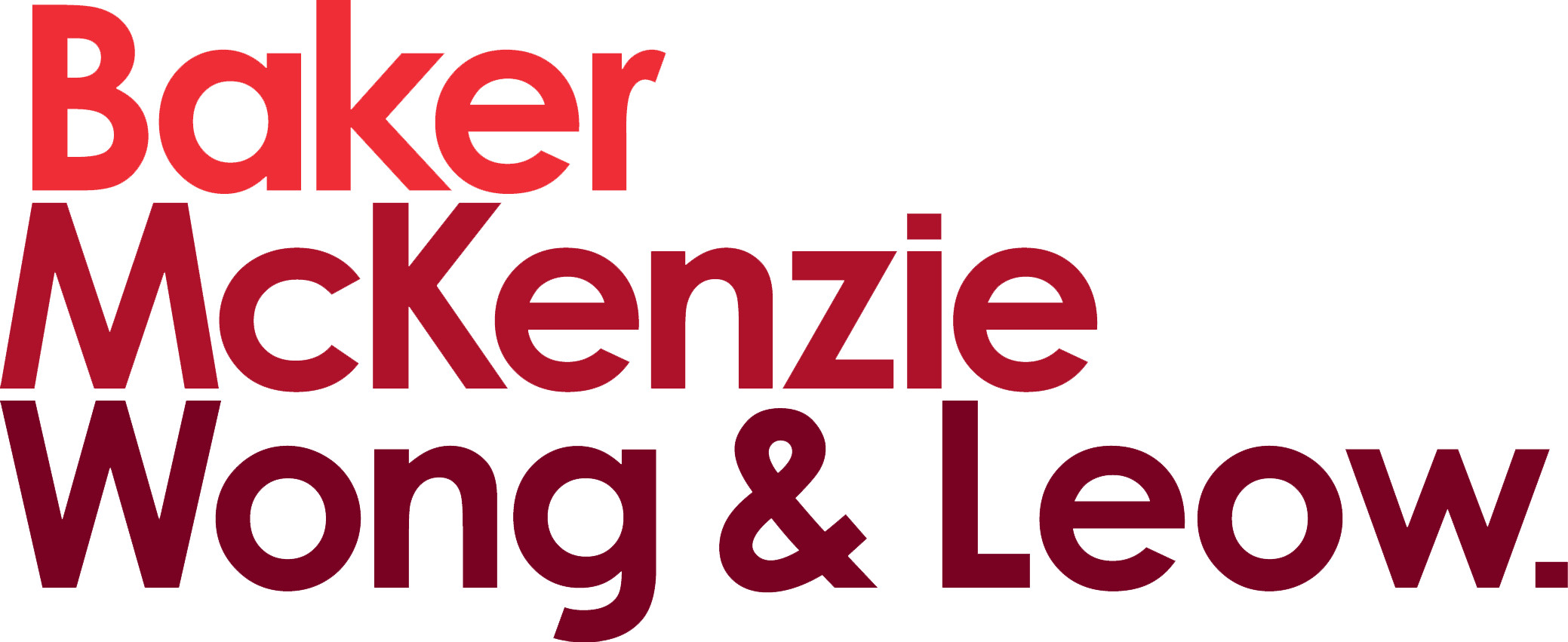In brief
The updated Competition Guidelines are as follows:
- CCCS Guidelines on Market Definition
- CCCS Guidelines on the Major Competition Provisions
- CCCS Guidelines on the Section 34 Prohibition
- CCCS Guidelines on the Section 47 Prohibition
- CCCS Guidelines on the Substantive Assessment of Mergers
- CCCS Guidelines on Merger Procedures
- CCCS Guidelines on Directions and Remedies
- CCCS Guidelines on the Appropriate Amount of Penalty in Competition Cases
- CCCS Guidelines on the Treatment of Intellectual Property Rights
These Competition Guidelines outline how the Competition and Consumer Commission of Singapore’s (CCCS) analytical and procedural framework for administering the Competition Act 2004 (“Act“).
Businesses should conduct a review of their existing business operations in Singapore to ensure that they are in line with these Competition Guidelines.
Comments
As previously reported, the CCCS carried out public consultation from 10 September 2020 to 8 October 2020 on its proposed amendments to six Competition Guidelines (CCCS Guidelines on Market Definition, CCCS Guidelines on the Section 47 Prohibition, CCCS Guidelines on the Substantive Assessment of Mergers, CCCS Guidelines on Merger Procedures, CCCS Guidelines on Enforcement, and CCCS Guidelines on the Treatment of Intellectual Property Rights). It also carried out public consultation from 16 July 2021 to 5 August 2021 on its proposed amendments to the Guidelines on the Appropriate Amount of Penalty in Competition Cases.
A summary of the key amendments proposed are set out in the table below.
| Guideline | Summary of key amendments |
| a) CCCS Guidelines on Market Definition | Clarifications on issues related to market definition in the digital sector, e.g., network effects, multi-sided digital platforms |
| b) CCCS Guidelines on the Major Competition Provisions | Consequential amendments made to reflect changes made to other Competition Guidelines |
| c) CCCS Guidelines on the Section 34 Prohibition | Consequential amendments made to reflect changes made to other Competition Guidelines |
| d) CCCS Guidelines on the Section 47 Prohibition; | Clarifications on issues related to assessment of market power and types of abusive conduct in the digital sector |
| e) CCCS Guidelines on the Substantive Assessment of Mergers | Clarifications on how the CCCS will assess non-coordinated effects where innovation is an important feature of competition; conglomerate mergers; and proprietary rights/data as barriers to entry or expansion |
| f) CCCS Guidelines on Merger Procedures | Clarifications on the process of merger filing notifications and to reflect current merger filing practices of the CCCS |
| g) CCCS Guidelines on Directions and Remedies | Give effect to the legislative amendments to the Act relating to commitments and remedies and reflect the CCCS’s practices on procedural matters concerning commitments and remedies (previously known as the CCCS Guidelines on Enforcement) |
| h) CCCS Guidelines on the Appropriate Amount of Penalty in Competition Cases | Clarifications on the list of mitigating factors that the CCCS considers when calculating financial penalties in relation to section 34 prohibition infringement |
| i) CCCS Guidelines on the Treatment of Intellectual Property Rights | Clarifications on the relationship between intellectual property law and competition law, particularly on how the CCCS will assess Standard Essential Patents and licensing on Fair, Reasonable and Non-Discriminatory Terms; Technology (Patent) Pool; IPRs and the Section 47 Prohibition, e.g., refusal of access to data; IP licensing and the Section 34 Prohibition, e.g., licensing agreements between competitors and non-competitors |
The changes were guided and informed by the following:
- Responses from the public consultation exercises;
- Amendments made to the Act in 2018;
- Findings and recommendations from the CCCS’s e-Commerce Platform Market Study
- The CCCS’s experience in administering the Act since the Guidelines were revised in December 2016
- International best practices
For further information and to discuss what this development might mean for you and how it might affect you, please get in touch with your usual Baker Mckenzie contact.

Baker McKenzie Wong & Leow is a member firm of Baker & McKenzie International, a global law firm with member law firms around the world. In accordance with the common terminology used in professional service organizations, reference to a “partner” means a person who is a partner or equivalent in such a law firm. Similarly, reference to an “office” means an office of any such law firm. This may qualify as “Attorney Advertising” requiring notice in some jurisdictions. Prior results do not guarantee a similar outcome.



